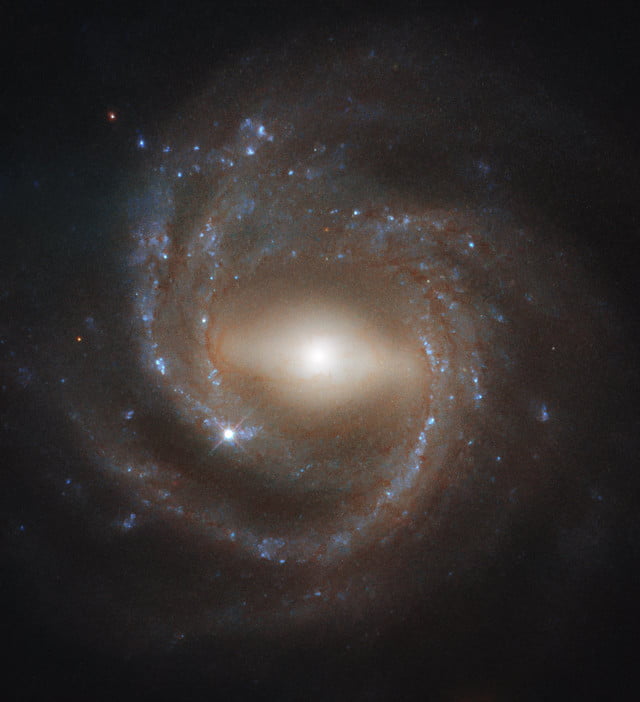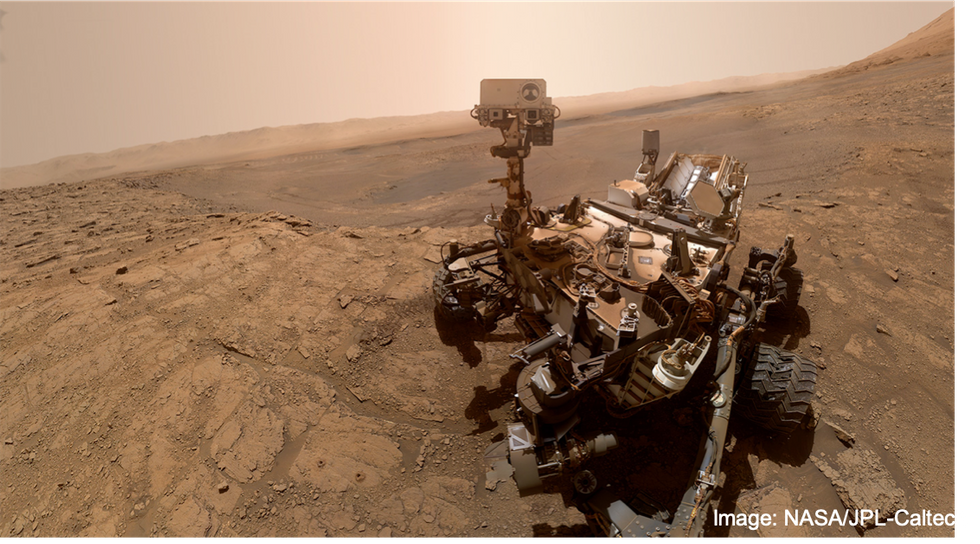For nearly a decade, Pluto has gone between being considered a planet and then being incorrectly labeled as a planet. One researcher wanted to get clear answers.
Source: Debate over Pluto’s Planet Status Still Contested
Please take a moment to support Amazing Stories with a one-time or recurring donation via Patreon. We rely on donations to keep the site going, and we need your financial support to continue quality coverage of the science fiction, fantasy, and horror genres as well as supply free stories weekly for your reading pleasure.
https://www.patreon.com/amazingstoriesmag












It talks about the usual problem with the “hydrostatic” definition (if it’s big enough to be round but not big enough to fuse deuterium, then it’s a planet): if you make Pluto a planet, you have to make the Moon a planet too. It’s a great definition in a way; these are the only bodies that have geology, so they’re quite different. They’re also rather numerous.
I’ve argued for a long time that we ought to resurrect the word “planetoid” and use that for these bodies in hydrostatic equilibrium. Then reserve “planet” for planetoids that have cleared their orbits, using Margot’s definition for “cleared.” https://arxiv.org/pdf/1507.06300.pdf
We might even want to redefine “moon” as a planetoid that orbits another planetoid that’s at least 25 times more massive. (Less than that and it’s a double planet. This is the limiting mass ratio for the system to have all 5 Lagrangian points.) Non-planetoids in orbit around planetoids would be “moonlets.”
I’m in favor of a different nomenclature: really teeny tiny planet, teeny tiny planet, tiny planet, planet, large planet, very large planet, ginormous planet; moons are easy — teeny tiny planet orbiting a tiny planet (or whatever combination applies,